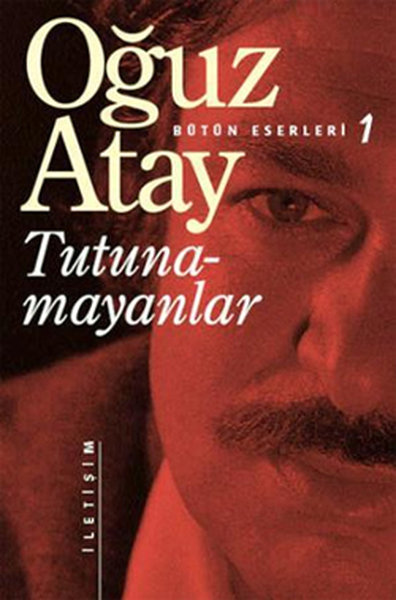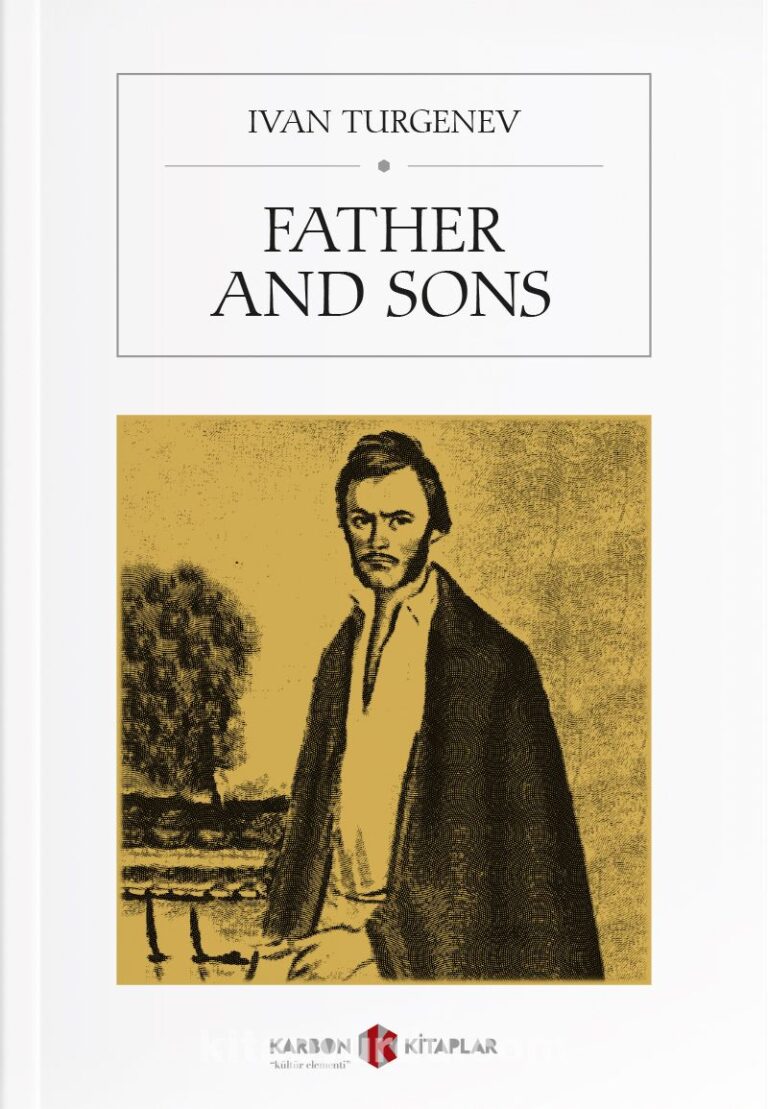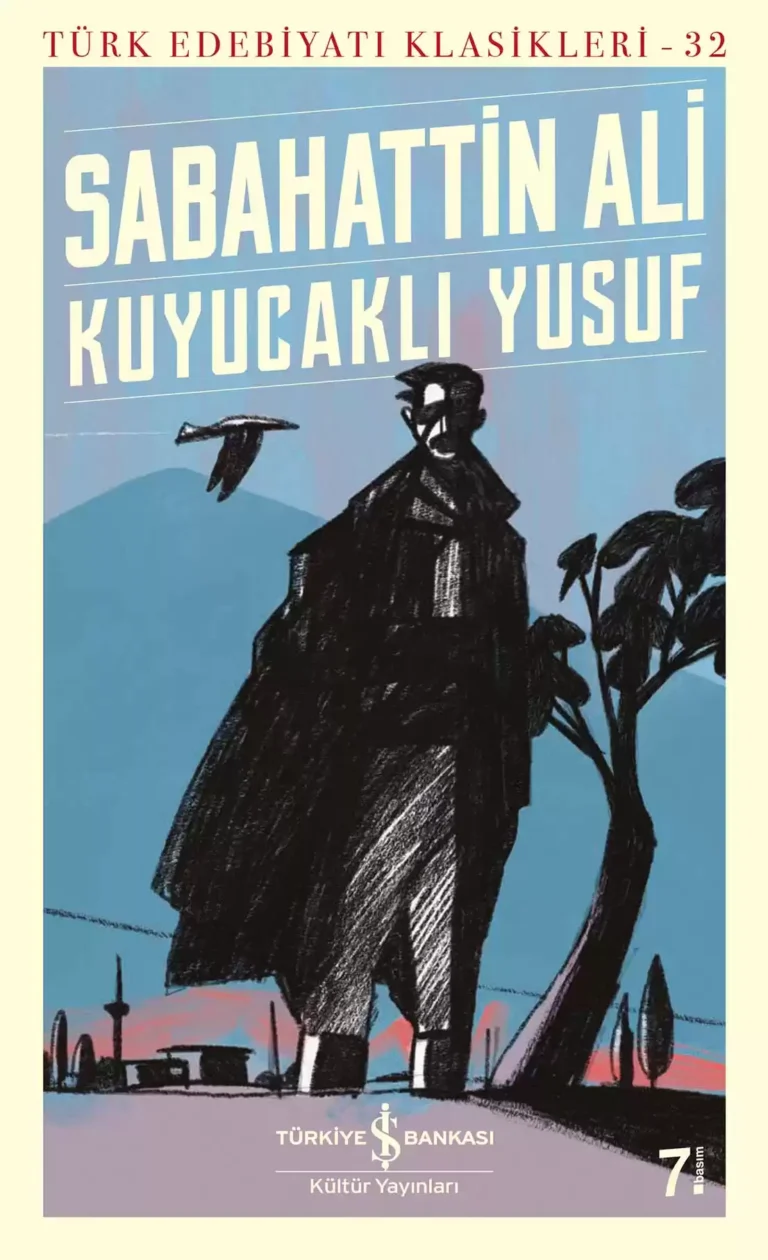Book Review | The Uncontained
Oğuz Atay was born on October 12, 1934 in the İnebolu district of Kastamonu. His father was Cemil Atay, a high criminal judge and Republican People’s Party (CHP) 6th and 7th term Sinop and 8th term Kastamonu deputy. Atay, who attended primary and secondary school in Ankara, graduated from Ankara Maarif College, now known as Ankara College, in 1951 and from Istanbul Technical University, Faculty of Civil Engineering in 1957. After completing his military service between 1957-59, he worked as a repair and control officer in the construction of the Kadıköy ferry pier. After resigning from his post, he became a faculty member at the Istanbul State Engineering and Architecture Academy (now Yıldız Technical University) Department of Civil Engineering. Atay, who became an associate professor in 1975, also wrote a professional book called Topography. His articles and interviews were published in various magazines and newspapers. Oğuz Atay became the focus of a significant debate after Tutunamayanlar was published in 1971-72. He won the 1970 TRT Novel Award with this novel.
Tutunamayanlar, one of the most important works of Turkish literature, was described by critic Berna Moran as “a rebellion, both in what it says and in the way it is told.” According to Moran, the literary competence in Tutunamayanlar brought the Turkish novel in line with the contemporary novel concept and contributed a lot to it.
Tutunamayanlar, the work of Oğuz Atay, one of the most valuable writers of our country, which was a subject of great debate at the time it was written, was published in 1972. The work left its mark on the period with its stream-of-consciousness technique and started a new era in Turkish literature. Many critics consider Tutunamayanlar to be the best work written in the Turkish language.
Tutunamayanlar is a novel identified with the name Oğuz Atay, and it can also be considered as a partially autobiographical work, as it bears traces of our great author’s life. The novel is among the most difficult novels to translate due to its extremely high-level language. Tutunamayanlar has only been translated into a few languages. The work, translated into Dutch under the title “Het leven in stukken”, earned an award for the Dutch translator of the work. Tutunamayanlar tells the story of Turgut Özben, who is investigating the past of his friend who committed suicide, and his efforts to learn why his friend Selim Işık “could not hold on” to modern life. Every person Turgut encounters in the novel is someone who knows Selim Işık, and each of them conveys different aspects of Selim to Turgut.







